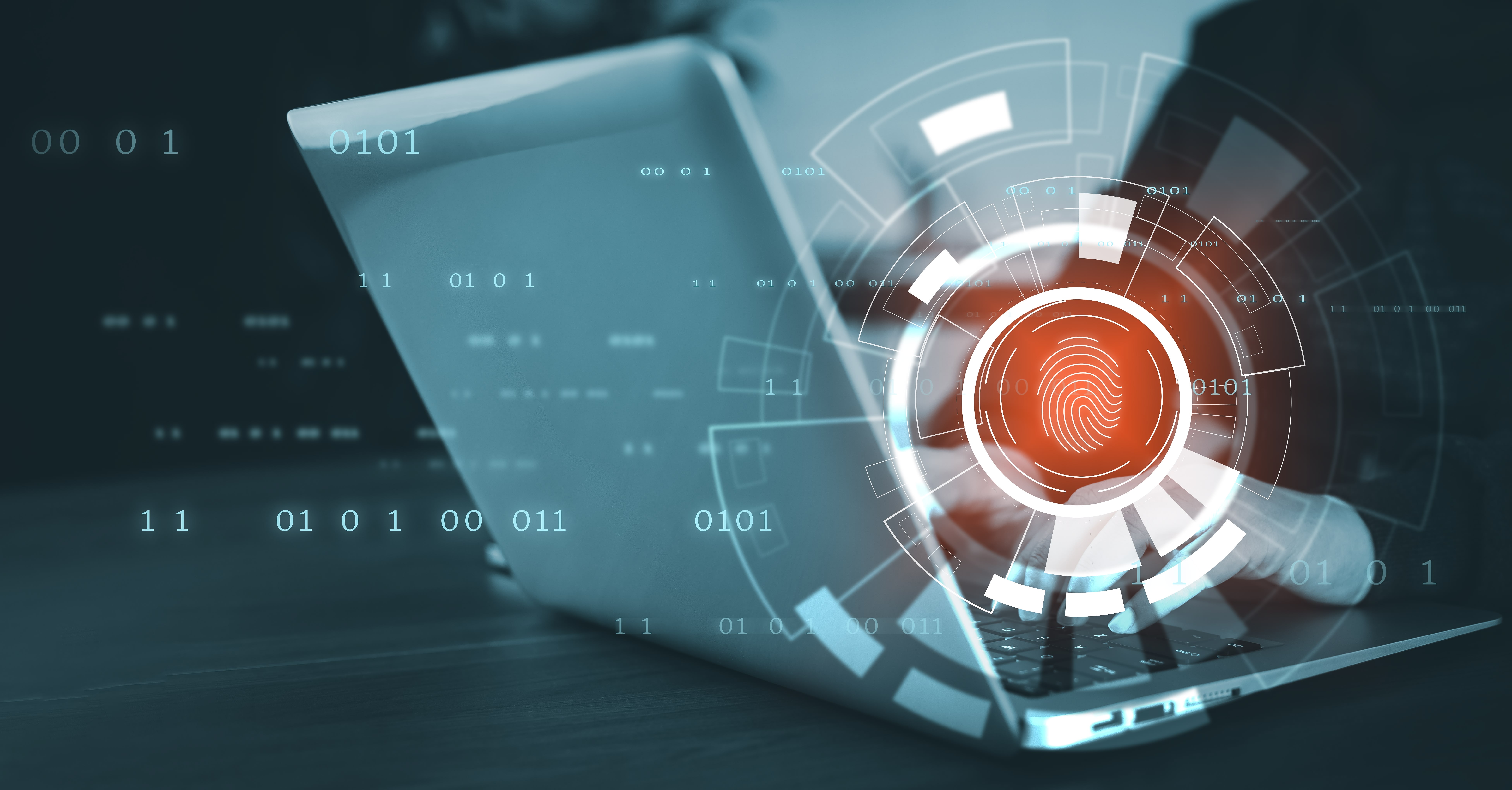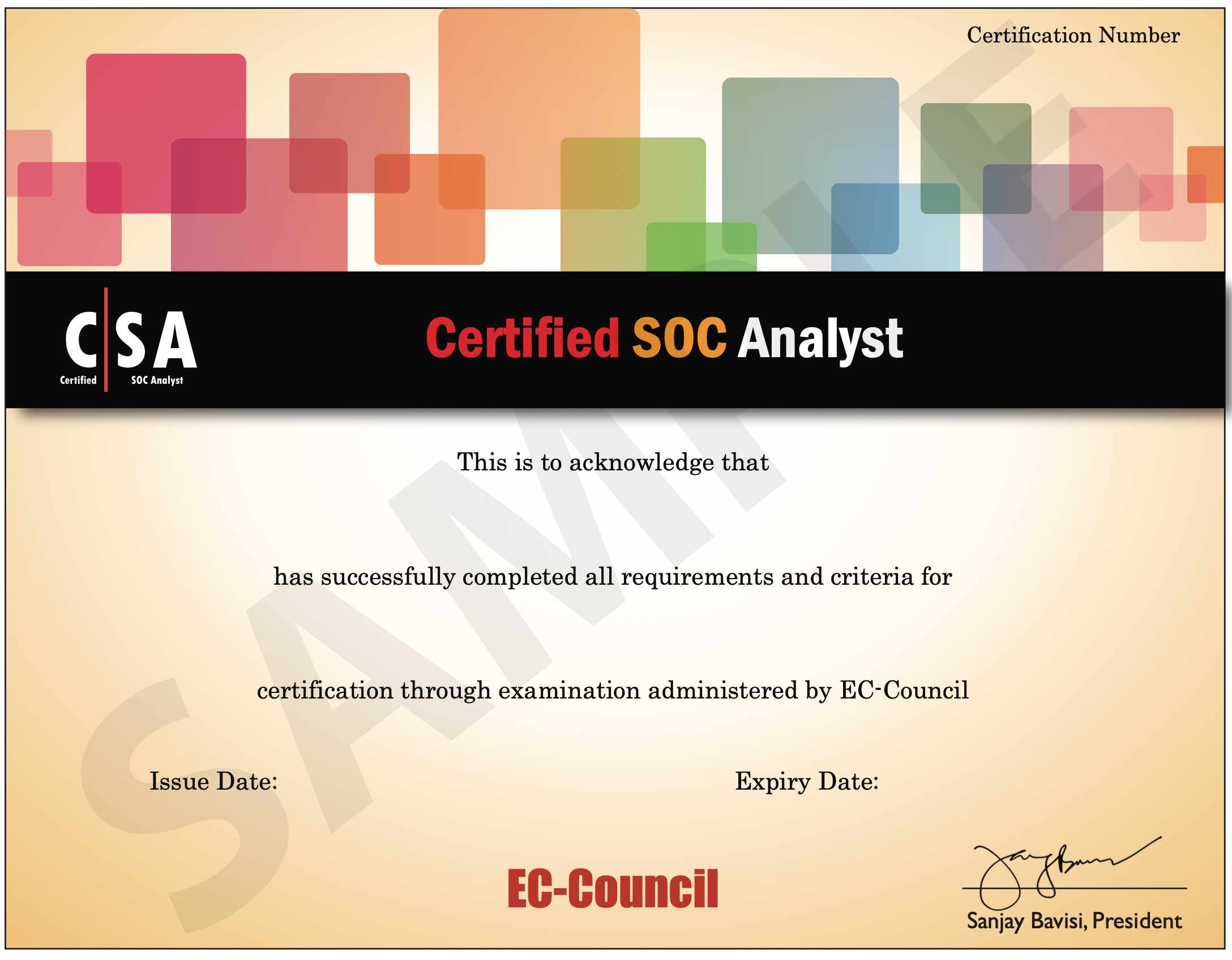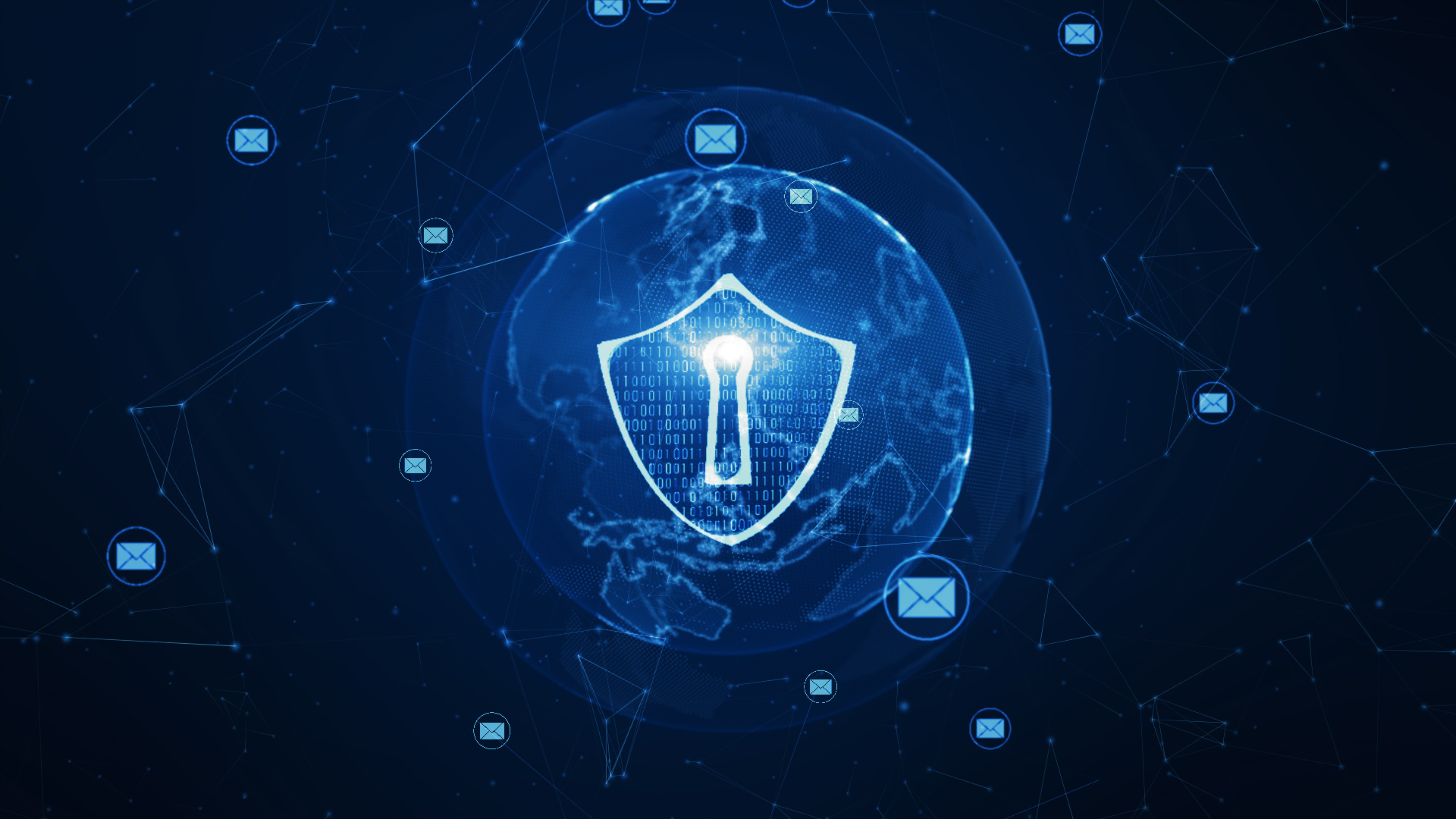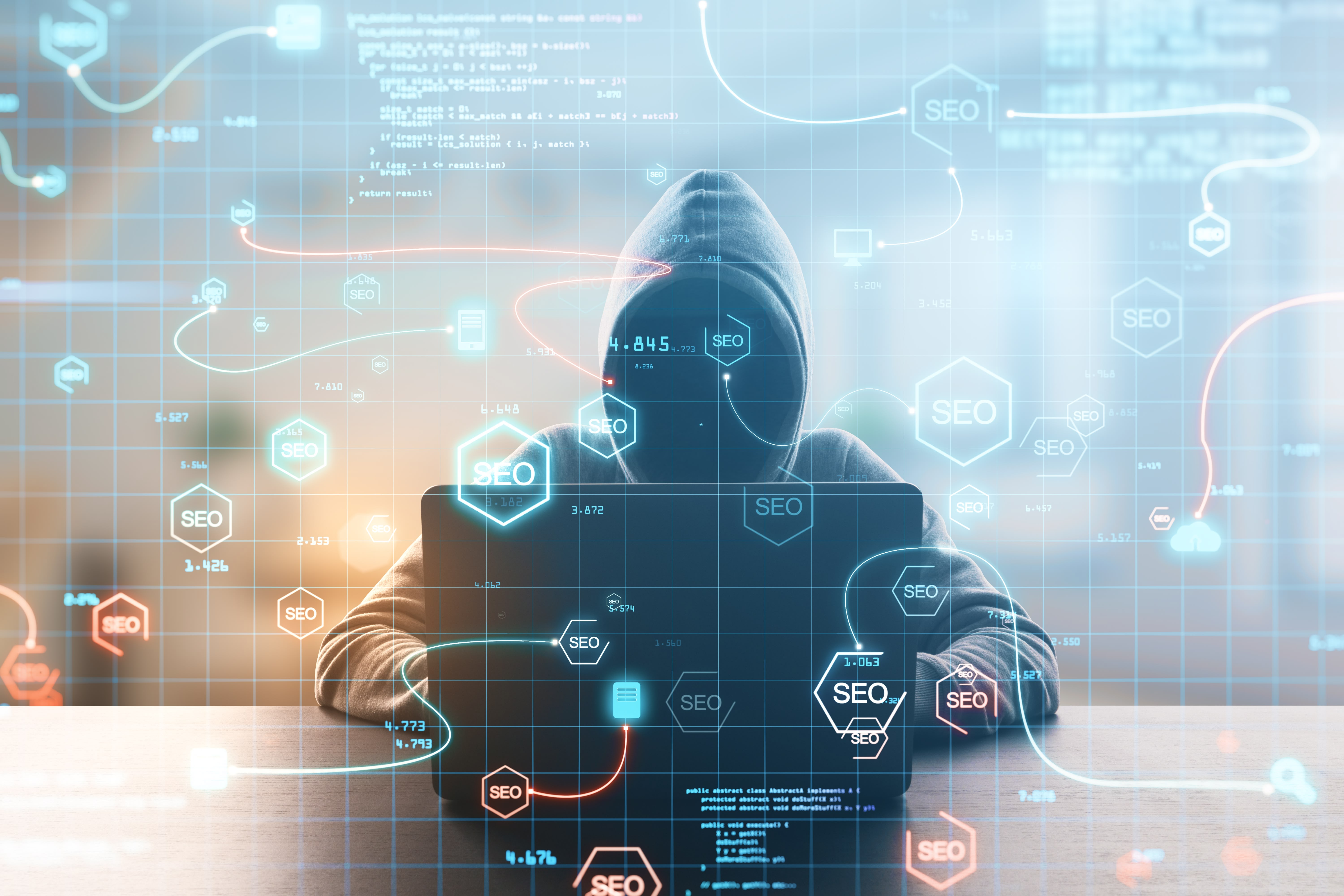Digital Forensics Essentials (DFE)
Course Overview

Digital Forensics Essentials helps learners increase their competency and expertise in digital forensics and information security skills, thereby adding value to their workplace and employer.This course will introduce learners to Computer Forensics Fundamentals as well as the Computer Forensics Investigation Process. Plan to learn about Dark Web, Windows, Linux, Malware Forensics, and so much more!
The interactive labs component of this course ensures that learners receive the hands-on, practical experience required for a future in digital forensics. Put your newly acquired abilities to the test with an exhilarating Capture the Flag (CTF) Exercise seamlessly integrated in our Capstone project. This CTF is seamlessly integrated by live virtual machines, genuine software, and real networks, all delivered within a secure and regulated sandbox environment. With these exclusive hands-on, human-versus- machine CTF challenges you will develop the hands-on proficiencies essential for success in your cyber professional role.
Learning Outcomes
Understand the major challenges and obstacles faced in digital forensics investigations, including data encryption, anti-forensics techniques, and legal complexities.
Learn to identify, collect, and preserve various forms of digital evidence including files, emails, logs, metadata, and volatile memory data.
Master the systematic approach to digital forensics including identification, preservation, analysis, documentation, and presentation of evidence in legal proceedings.
Explore various storage technologies (HDD, SSD, flash drives) and file systems (NTFS, FAT32, ext4, HFS+) to understand data storage and recovery techniques.
Learn proper techniques for creating forensic images, maintaining chain of custody, and using specialized tools for data extraction while preserving evidence integrity.
Study methods used to hide, alter, or destroy digital evidence and develop strategies to detect and overcome these anti-forensic techniques.
Acquire skills in collecting both volatile data (RAM, running processes) and non-volatile data (hard drives, files) from different operating systems using appropriate forensic tools.
Learn to analyze network traffic, correlate security events, investigate network-based attacks, and trace digital communications across network infrastructure.
Examine web server logs, investigate web application attacks, analyze HTTP traffic, and trace user activities through web-based evidence collection.
Understand the dark web ecosystem, investigate dark web activities, analyze Tor network traffic, and trace cryptocurrency transactions for forensic purposes.
Learn to investigate email-based crimes, analyze email headers, trace email origins, recover deleted emails, and handle email evidence in legal proceedings.
Master static and dynamic malware analysis techniques, understand malware behavior, reverse engineer malicious code, and investigate malware-related incidents.
Exam Information
Course Content & Modules
Computer Forensics Fundamentals
Learn the fundamental concepts, principles, and methodologies of computer forensics, including legal aspects, evidence handling, and the role of digital forensics in cybersecurity investigations.
Computer Forensics Investigation Process
Master the systematic approach to digital forensics investigations, including identification, preservation, analysis, documentation, and presentation phases of forensic examinations.
Understanding Hard Disks and File Systems
Explore various storage technologies (HDD, SSD, flash drives) and file systems (NTFS, FAT32, ext4, HFS+) to understand data storage structures and recovery techniques.
Data Acquisition and Duplication
Learn proper techniques for creating forensic images, maintaining chain of custody, and using specialized tools for data extraction while preserving evidence integrity.
Defeating Anti-forensics Techniques
Study methods used to hide, alter, or destroy digital evidence and develop strategies to detect and overcome these anti-forensic techniques.
Windows Forensics
Acquire skills in collecting volatile and non-volatile data from Windows systems, analyzing registry files, event logs, and Windows-specific artifacts.
Linux and Mac Forensics
Learn to investigate Linux and macOS systems, analyze system logs, file systems, and collect evidence from Unix-based operating systems using appropriate forensic tools.
Network Forensics
Learn to analyze network traffic, correlate security events, investigate network-based attacks, and trace digital communications across network infrastructure.
Investigating Web Attacks
Examine web server logs, investigate web application attacks, analyze HTTP traffic, and trace user activities through web-based evidence collection.
Dark Web Forensics
Understand the dark web ecosystem, investigate dark web activities, analyze Tor network traffic, and trace cryptocurrency transactions for forensic purposes.
Investigating Email Crimes
Learn to investigate email-based crimes, analyze email headers, trace email origins, recover deleted emails, and handle email evidence in legal proceedings.
Malware Forensics
Master static and dynamic malware analysis techniques, understand malware behavior, reverse engineer malicious code, and investigate malware-related incidents.
Earn Your Industry-Recognized Certificate
Upon successfully passing the examination for this course, participants will be awarded a certificate, an example of which is shown below.




